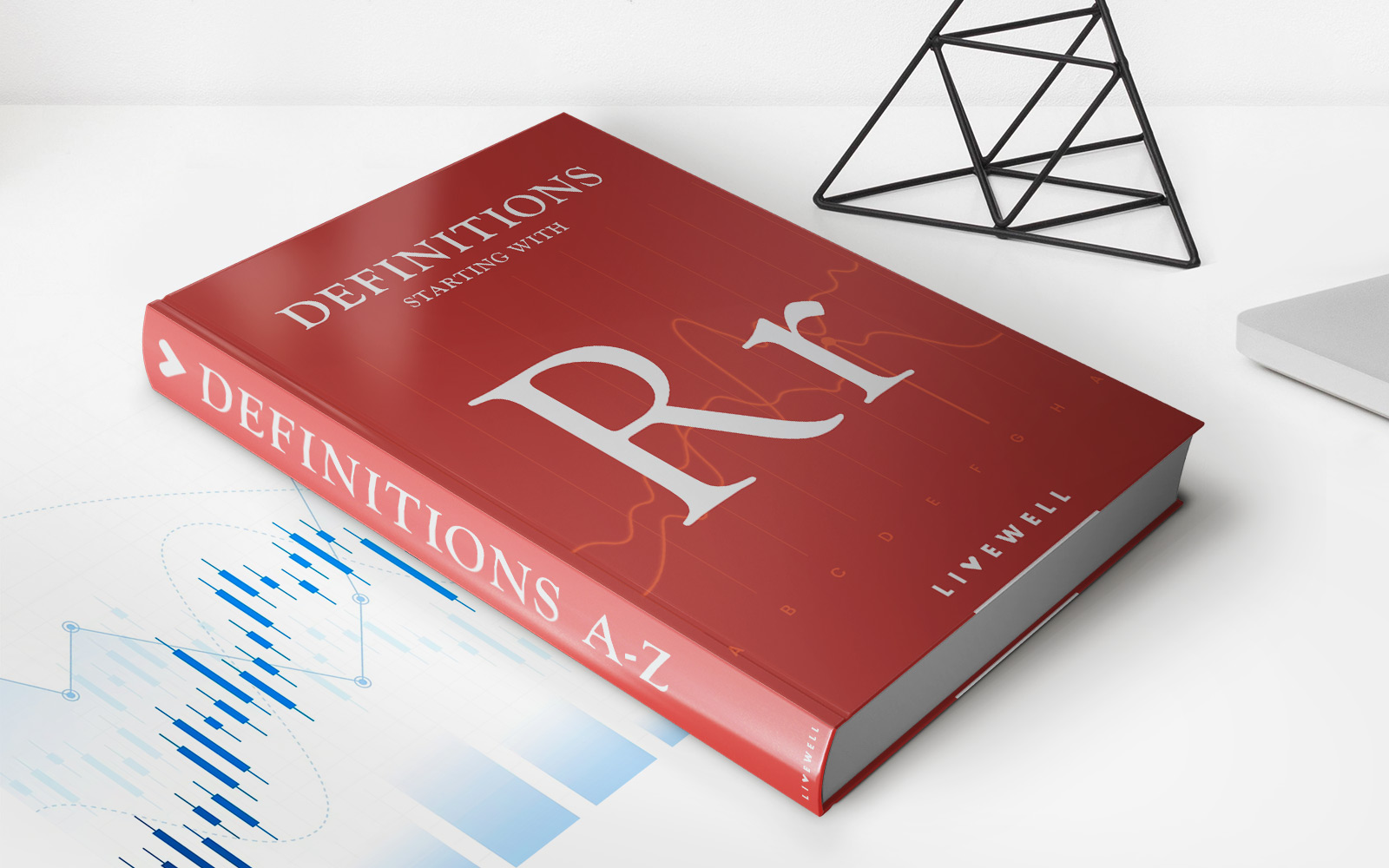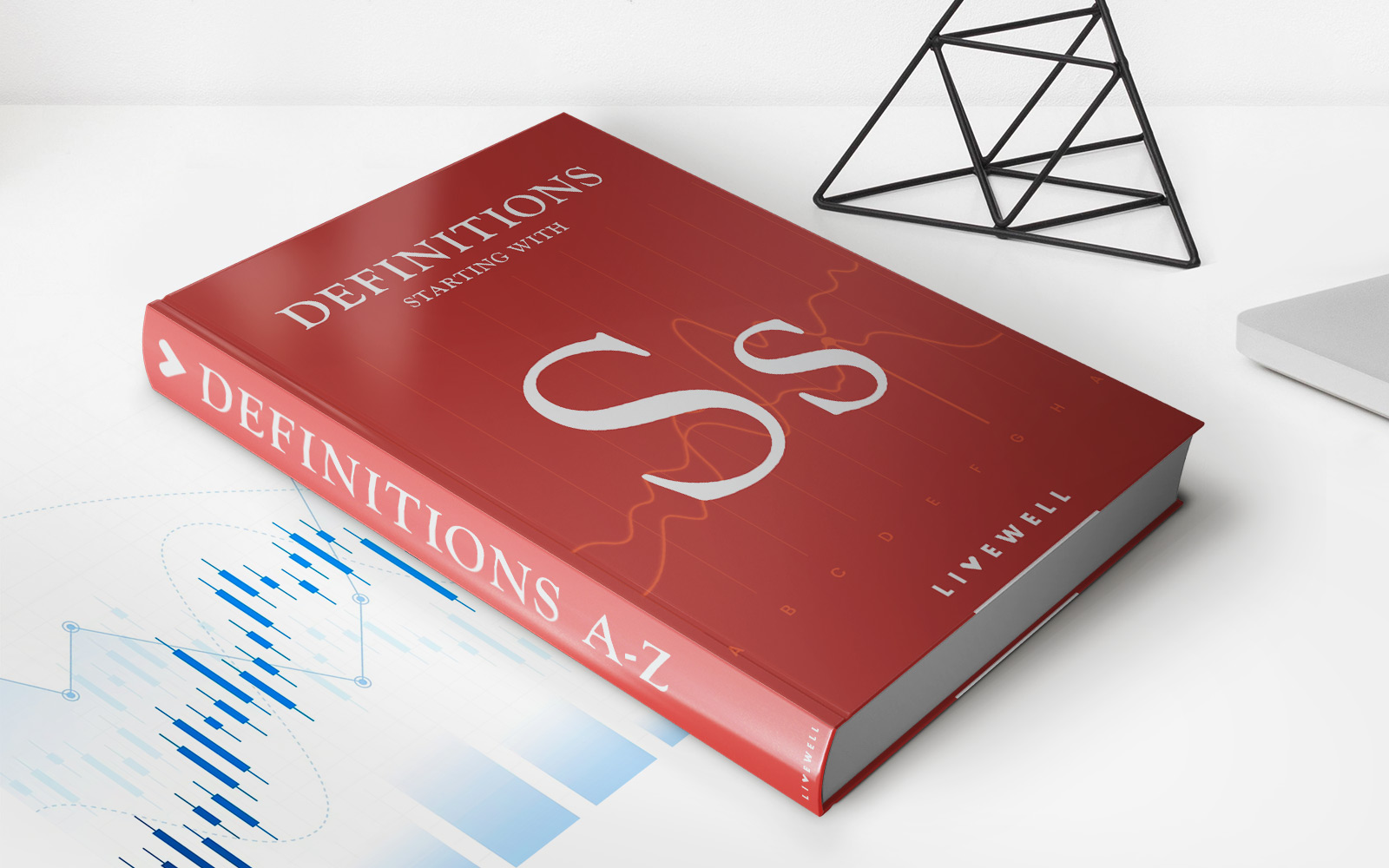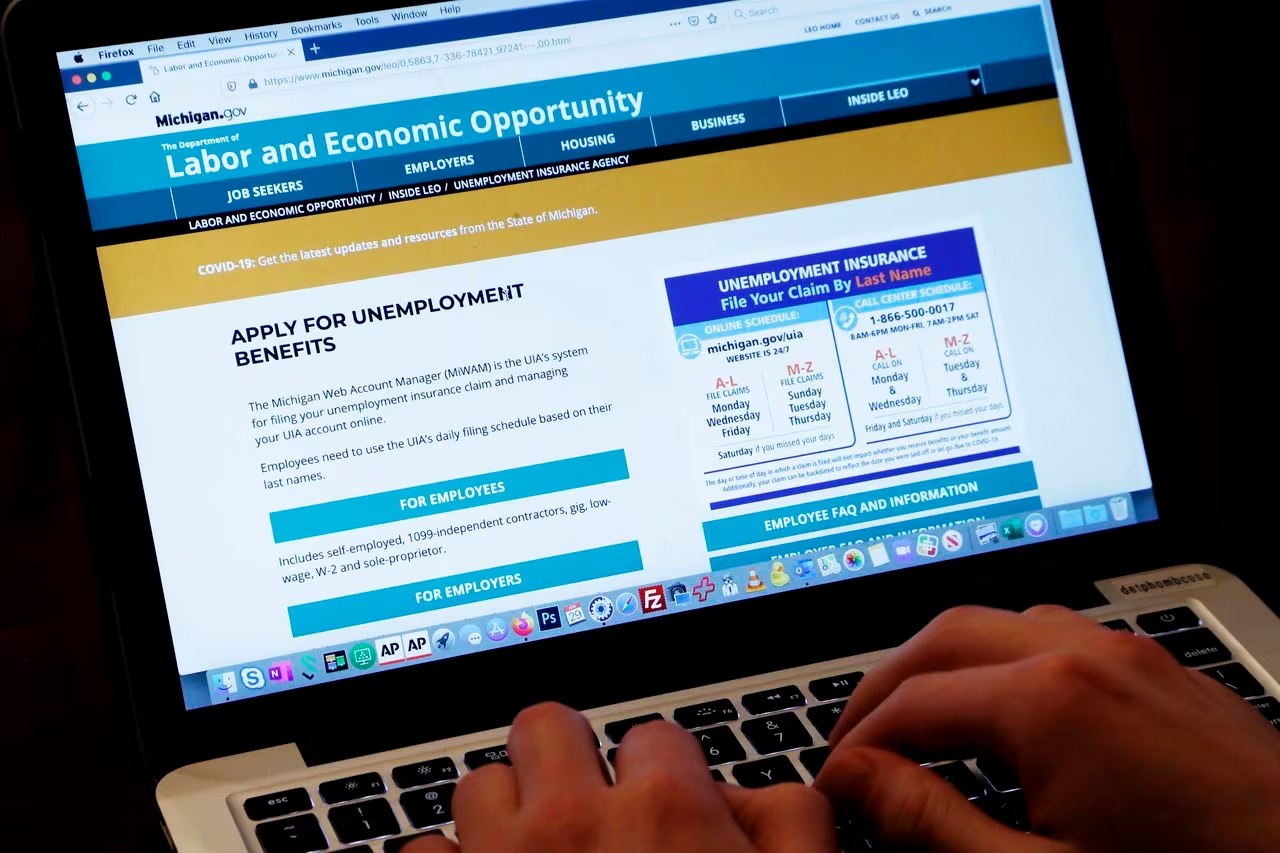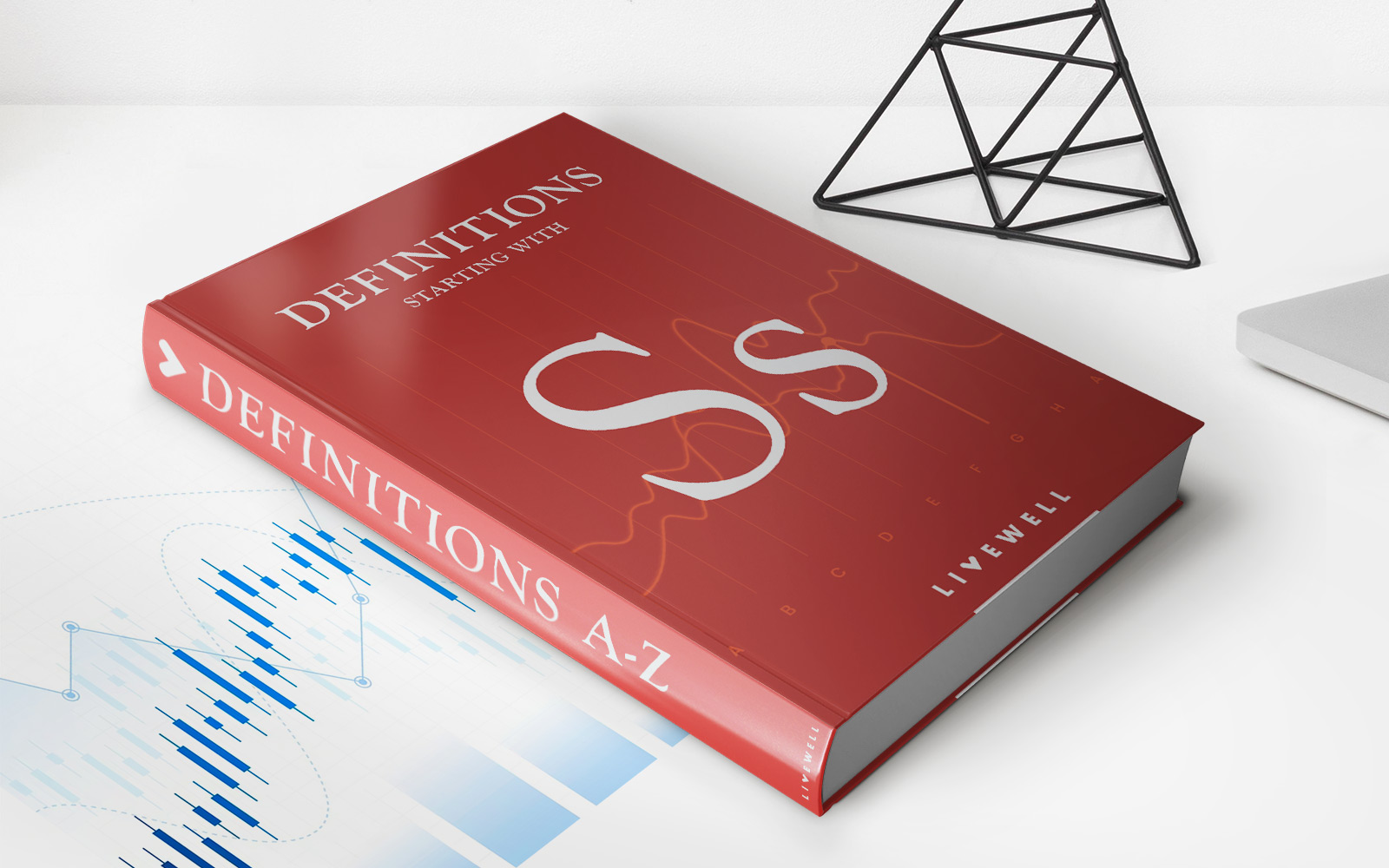

Finance
Income-Sensitive Repayment (ISR) Definition
Published: December 8, 2023
Learn about income-sensitive repayment (ISR) in finance. Understand how this repayment plan adjusts based on an individual's income, providing flexibility for managing loan payments.
(Many of the links in this article redirect to a specific reviewed product. Your purchase of these products through affiliate links helps to generate commission for LiveWell, at no extra cost. Learn more)
Understanding Income-Sensitive Repayment (ISR) – A Financial Lifeline
When it comes to managing student loan payments, navigating the labyrinth of options can be overwhelming. But fear not, because we’re here to shed light on one specific repayment plan called Income-Sensitive Repayment (ISR). In this blog post, we’ll deep dive into the definition of ISR, how it works, and why it could be a game-changer for those struggling with student loan debt.
Key Takeaways:
- Income-Sensitive Repayment (ISR) is a repayment plan designed to ease the burden of monthly student loan payments.
- ISR adjusts repayment amounts based on borrowers’ income levels, making it a flexible option for individuals experiencing money constraints.
So, what exactly is Income-Sensitive Repayment? In simple terms, ISR is a student loan repayment plan that takes into account your income levels to calculate your monthly payment amount. This plan specifically applies to Federal Family Education Loan (FFEL) Program loans, which are no longer issued but still exist for many borrowers.
Once you enroll in ISR, your monthly payment is determined by a percentage of your gross monthly income. The exact percentage can vary depending on the lender, but generally falls within a range of 4% to 25%. This means that if your income increases or decreases, your monthly student loan payment amount will adjust accordingly.
Why might Income-Sensitive Repayment be a good fit for you? Let’s explore a few compelling reasons:
- Flexibility: ISR offers a degree of flexibility that traditional fixed repayment plans may not. As your income fluctuates, so does your monthly payment. This can be particularly helpful during times when you’re facing financial constraints.
- Shorter Repayment Period: Compared to other income-driven repayment plans, ISR generally has a shorter repayment period. While this means larger monthly payments, it also means you’ll be debt-free sooner.
Keep in mind; this repayment plan is only available for borrowers who have Federal Family Education Loan (FFEL) Program loans. If you’re unsure whether you have FFEL loans, contacting your loan servicer will provide the necessary clarity.
While ISR can be a viable option for many, it’s crucial to evaluate your individual circumstances and seek professional advice if needed. Understand your financial goals, consider other repayment plans available, and explore the potential impact on your long-term financial situation.
Ultimately, the goal is to find a repayment plan that suits your needs and helps you achieve financial freedom. Income-Sensitive Repayment is just one piece of the puzzle, but understanding its definition and benefits can provide you with a head start in your journey towards being student loan debt-free.














